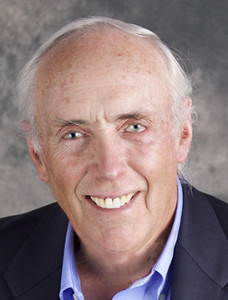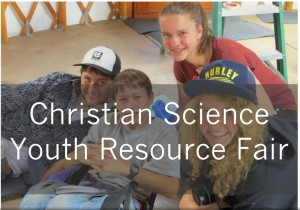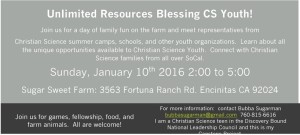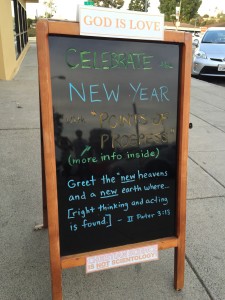Don’t forget about the Reading Room when you want to bless the Christ in someone this year by giving them a gift.
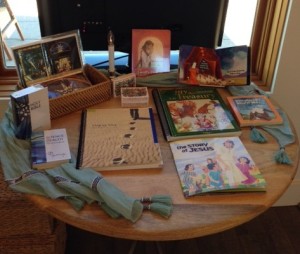
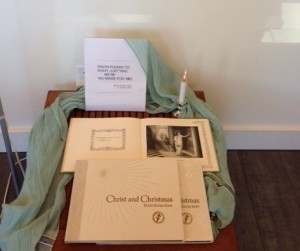
We also have some great kids books to choose from
Here are some examples:
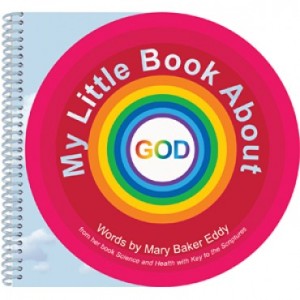
Brightly colored spiral-bound board book, based on Mary Baker Eddy’s definition of God from the “Glossary” of Science and Health with Key to the Scriptures. This interactive children’s book allows the reader to interchange the colors of the rainbow with the synonyms and attributes of God. Features additional quotations from Science and Health about the allness of God. Also available in Spanish.
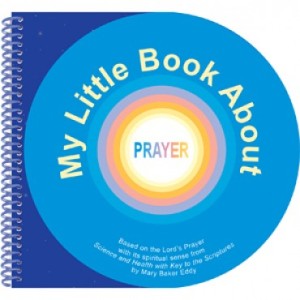
Based on the Lord’s Prayer with its spiritual sense given by Mary Baker Eddy in Science and Health with Key to the Scriptures, this spiral-bound children’s board book features additional quotations from Mary Baker Eddy’s writings about prayer.
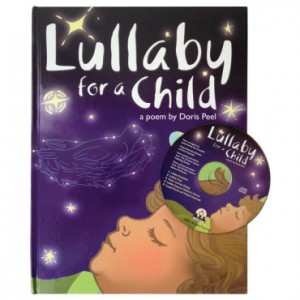
Lullaby for a Child illustrated book and CD speaks and sings of God’s ever-present loving care for everyone and everything. Its comforting message brings healing, protection, and peace to all God’s children- young and old.The book features a poem by Doris Peel that appeared in the Christian Science Sentinel with beautiful full color illustrations by James Staunton. Also included is a CD on which are tracks with a recitation of the poem, a duet performance, a father and son dialogue, as well as a a child’s chorus performance of the lullaby.
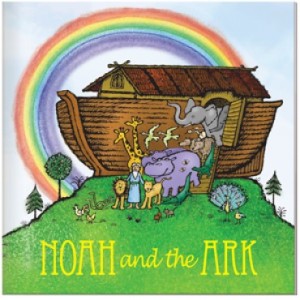
Children have always loved the story of Noah and the ark that God told him to build. It is a valuable lesson in humble obedience and God’s loving care, faithfully retold from the Bible. And of course, there is the fascinating menagerie of “apes and badgers and bears and boars, … lizards and turtles and snakes and worms … and many, many, many more.”
This rejuvenated edition of a favorite children’s book retells that story in a lighthearted, rhythmic way that young children love hearing over and over. Written by Jean Horton Berg, this edition has the lively original illustrations by Don Madden—made newly colorful. This book is a pure delight.
Noah and the Ark is part of the series that includes The Story of Jesus, Moses: Leader and Lawgiver, Nehemiah Builds the Wall, The Story of Ruth, and Joseph and His Brothers. Make sure the children in your life have them all!
These items and more can be bought from our Reading Room, or you can shop online for them at http://christianscience.buysub.com/kids.html
When you come down check out our selection of inspirational CD
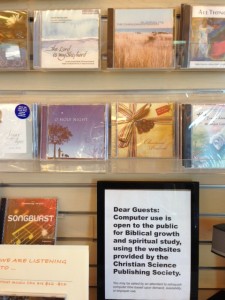
The Monitor always makes a great gift

And of course the Science and Health is always the perfect gift of a cup of cold water in the name of Christ
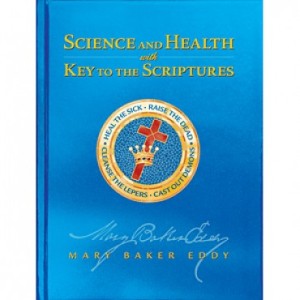
To reach us
Phone (760) 753 4545
912 S. Coast Hwy. 101, (just South of H Street – across from Starbucks), Encinitas, CA 92024
Driving Directions
